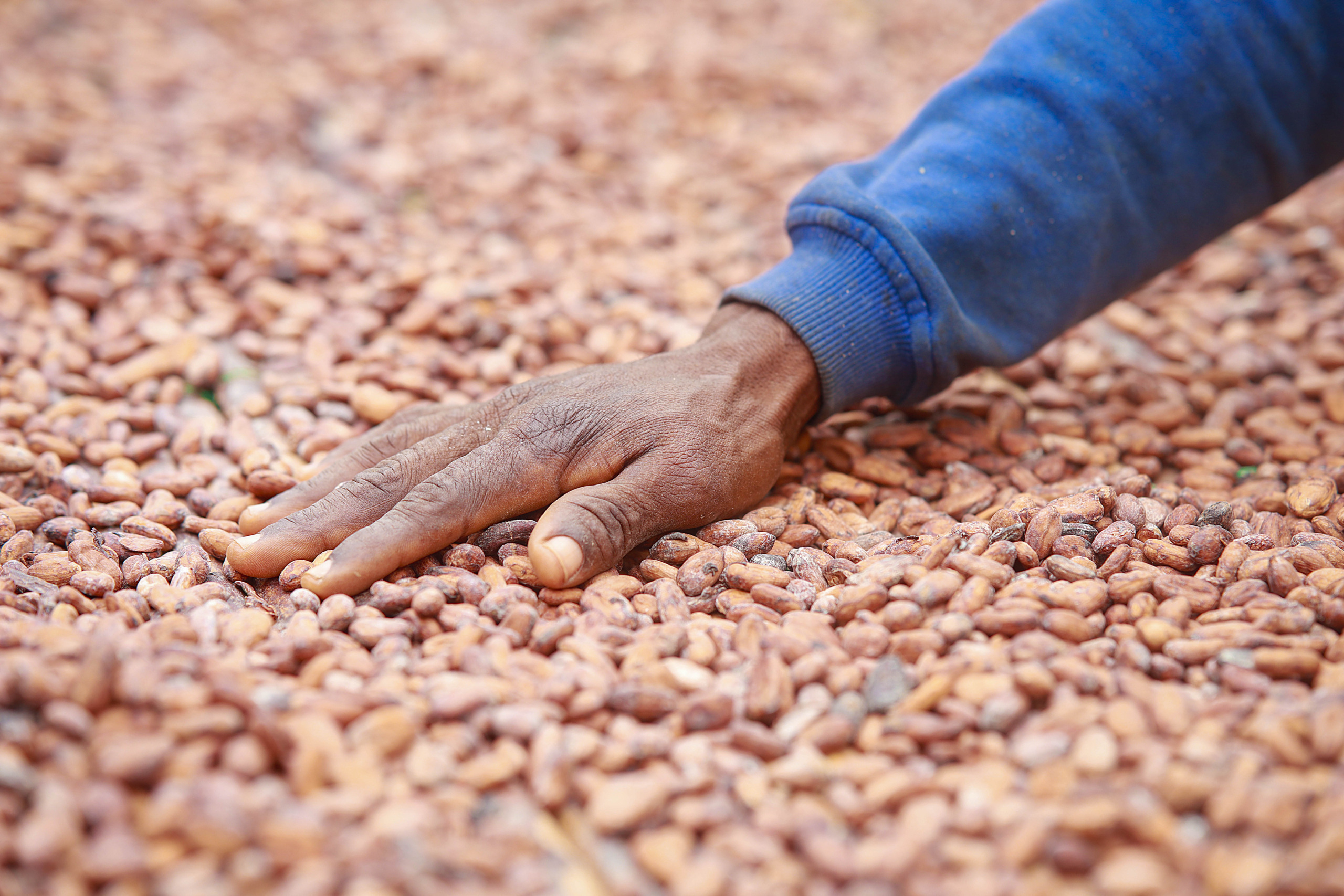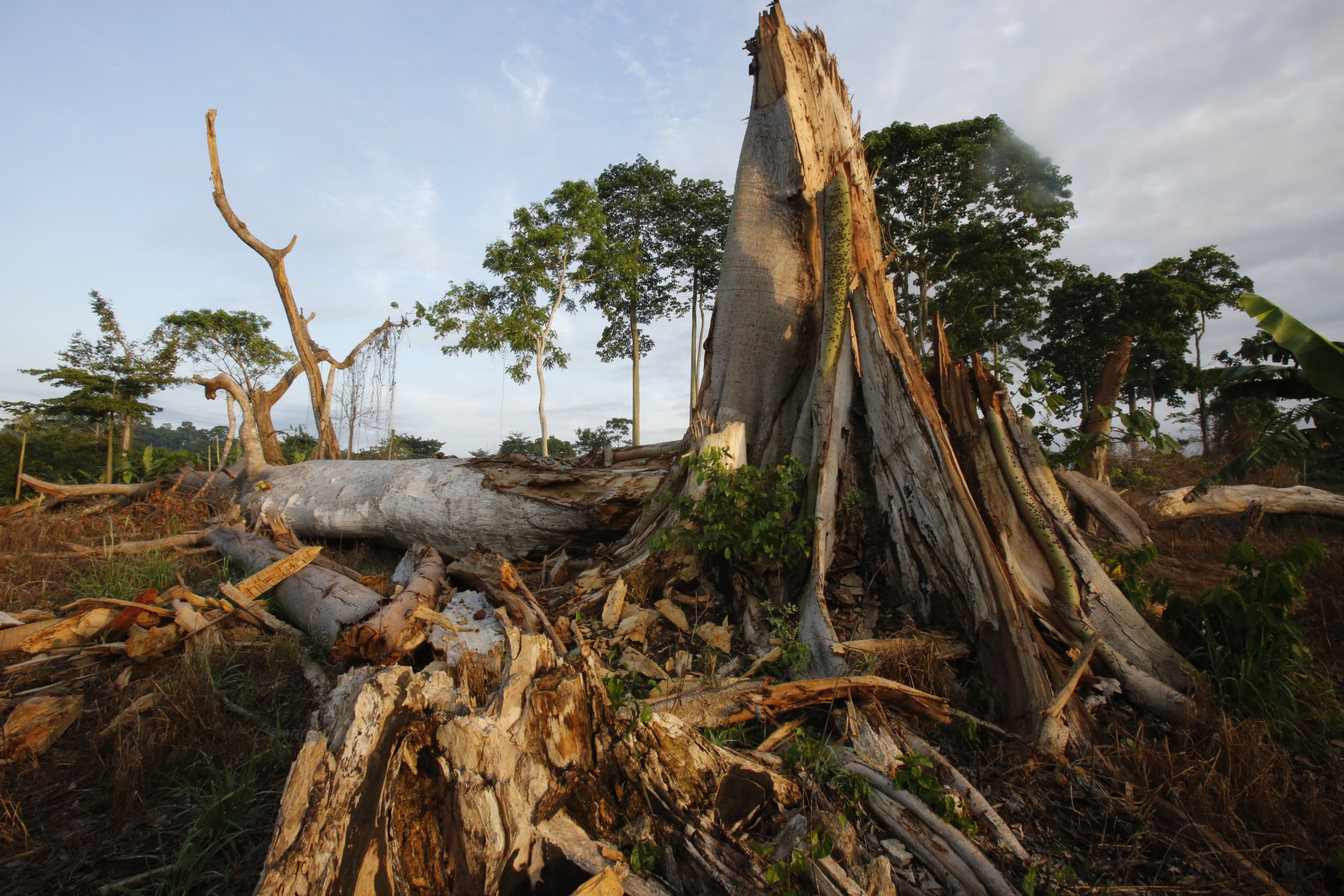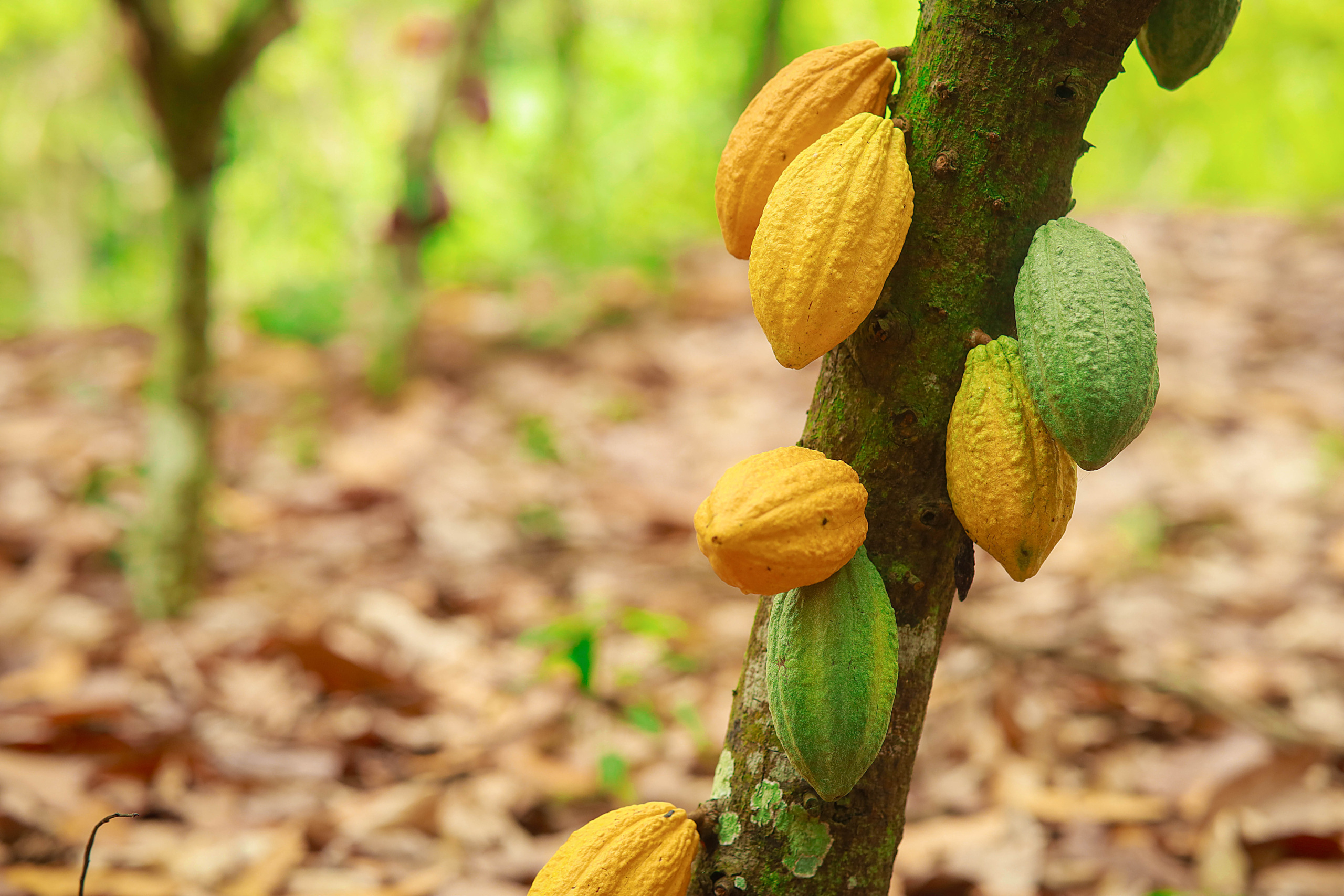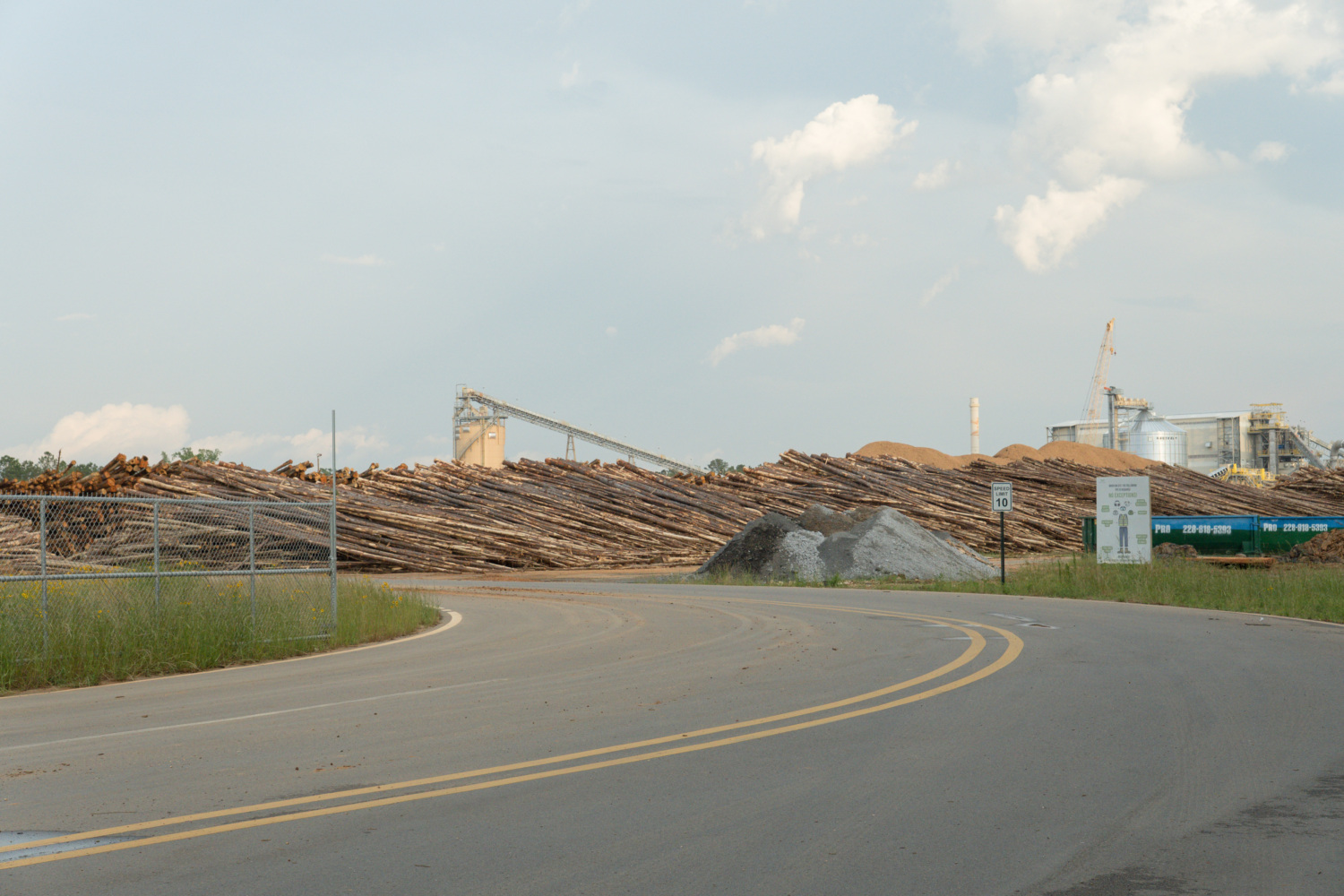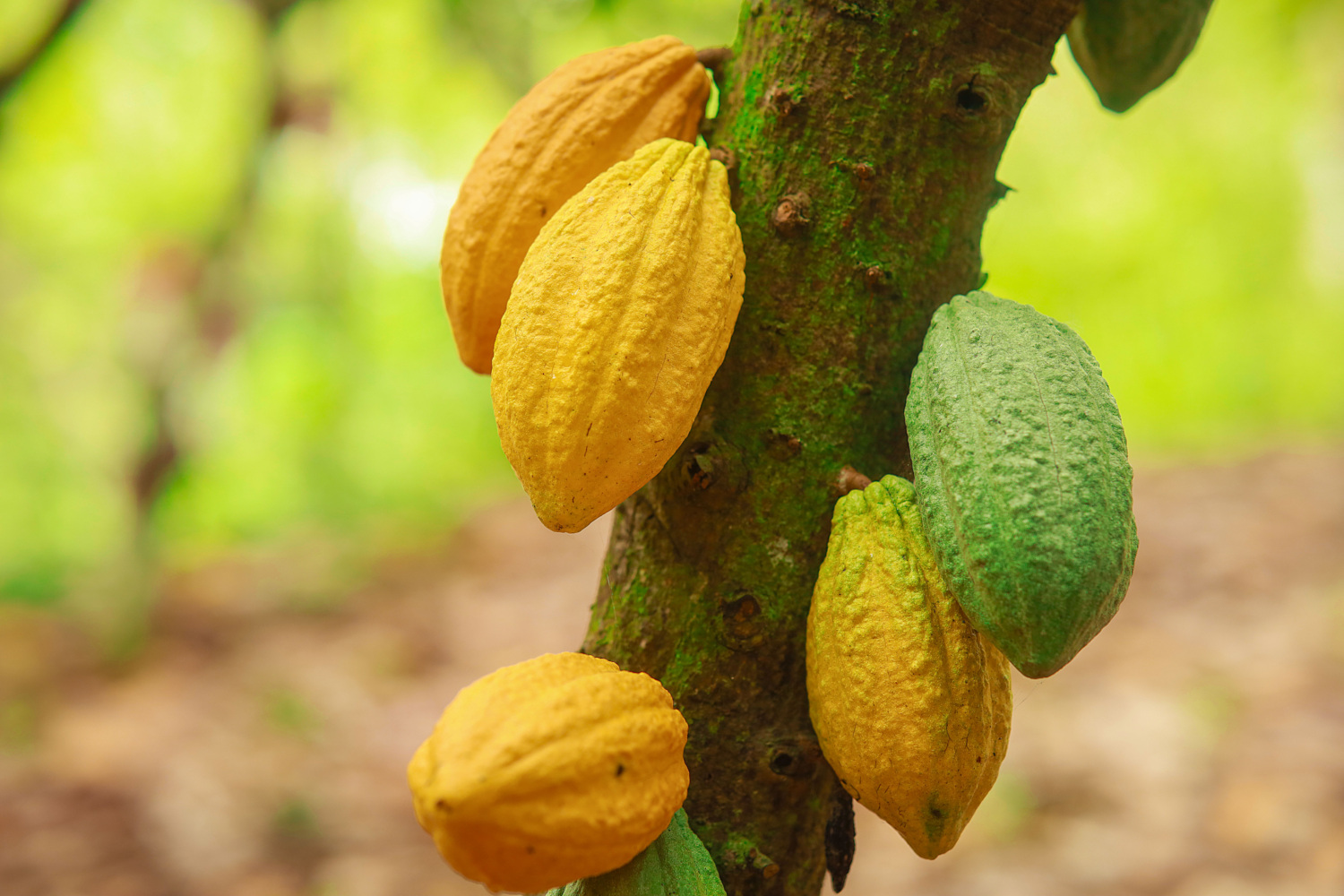
A call for improving farmer livelihood in the cocoa sector
But cocoa farmers, the bedrock of the industry, earn as little as $2 a day
By Thea Parson
Chocolate companies make a quarter of their yearly profits during the winter holiday season period, and 2023 is set to be a bumper year.
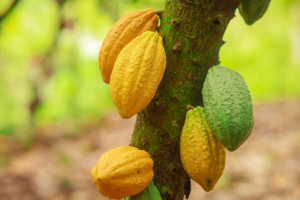
Seasonal chocolate sales in Western Europe are forecast to value $6.2 billion this year and $3.9 billion in the USA. Meanwhile in the UK, December chocolate sales are set to soar as shoppers seek cheaper gift alternatives during the cost of living crisis.
Whether it’s a present for your loved one, a decoration on the tree or the ingredient in your dessert, chocolate is sure to be a central feature of festive celebrations.
But what are companies hiding under the lid of that box of chocolates?
Earlier this year, Oxfam revealed that the world’s four largest public chocolate corporations, Hershey, Lindt, Mondelēz and Nestlé, have together made nearly $15 billion in profits from their confectionary divisions alone since the onset of the pandemic.
Meanwhile, in Ghana, one of the largest cocoa producing nations, up to 90% of cocoa farmers do not earn a living income and cannot afford basic dietary staples, clothing and other household necessities. Many live on just $2 a day, a fraction of the price of a box of chocolates. So, whilst chocolate companies are reaping the rewards of consumer spending this holiday season, the bitter truth is that the profits earned will not reach the pockets of farmers in Ghana, Côte d’Ivoire and other cocoa-producing countries.
The right to an adequate standard of living is an internationally recognized human right, and should be the focus of chocolate companies’ dealings with the cocoa growers. Aside from being unconscionable in its own right, farmer poverty is also a driver of just about every other problem in the cocoa sector including deforestation (to expand the area of production), overuse of agrichemicals (because labor for weeding is unaffordable), child labor (because it’s cheap), and gender inequality (because women cocoa farmers earn less than men).
Côte d’Ivoire and Ghana have lost around 94% and 80% of forest cover respectively, over the past 60 years, and smallholder cocoa producers, the bedrock of the industry, need to be incentivized not to deforest. That means overhauling the industry to put the farmer first, ensuring proper remuneration and support to produce cocoa sustainably.
In a nutshell, the structure of the cocoa industry is unjust, and needs changing.




One example is the German chocolate maker Storck, which manufactures Bendicks, Riesen and Werthers Originals, and a key chocolate supplier to European supermarket Aldi. Storck scored abysmally in the 2023 Chocolate Scorecard – which ranks chocolate companies and cocoa traders on six sustainability and human rights performance indicators – and does not appear to have taken any action to improve their poor practices. Despite years of engagement by civil society organizations, we are still waiting on Storck to tell us the truth about where it sources its cocoa, prove the cocoa it sources is deforestation-free, and commit to paying a fair price to farmers.
Storck may be amongst the worst, but it is by no means alone. Global chain Starbucks is also yet to publish a living income strategy for the farmers supplying cocoa for its chocolate beverages and snacks, while other large chocolate manufacturers continue to tinker around the margins of the issue through their sustainability programs rather than transforming their core business practices.
Big companies have the tools, money and resources to recalibrate how they buy cocoa to ensure that farmers receive a living income. In fact, civil society organizations recently came together to explain the three steps to transform the industry:
- Pay farmers enough to survive and support their households, using a calculation known as a ‘living income reference price’
- Implement simple, standard contracts that provide farmers with clear and fair terms of trade
- Transparently report company policies and progress with consumers
Consumers are often unaware of the hidden cost of many of the foods we eat, and chocolate is no different. This holiday season, we are asking chocolate companies to put an end to their harmful practices and create a fairer and more transparent cocoa industry in 2024.
You can take action by telling Storck to pay a living income for sustainable cocoa by signing the petition.
You can also demand Starbucks come clean on its cocoa supply chains by signing this petition.
